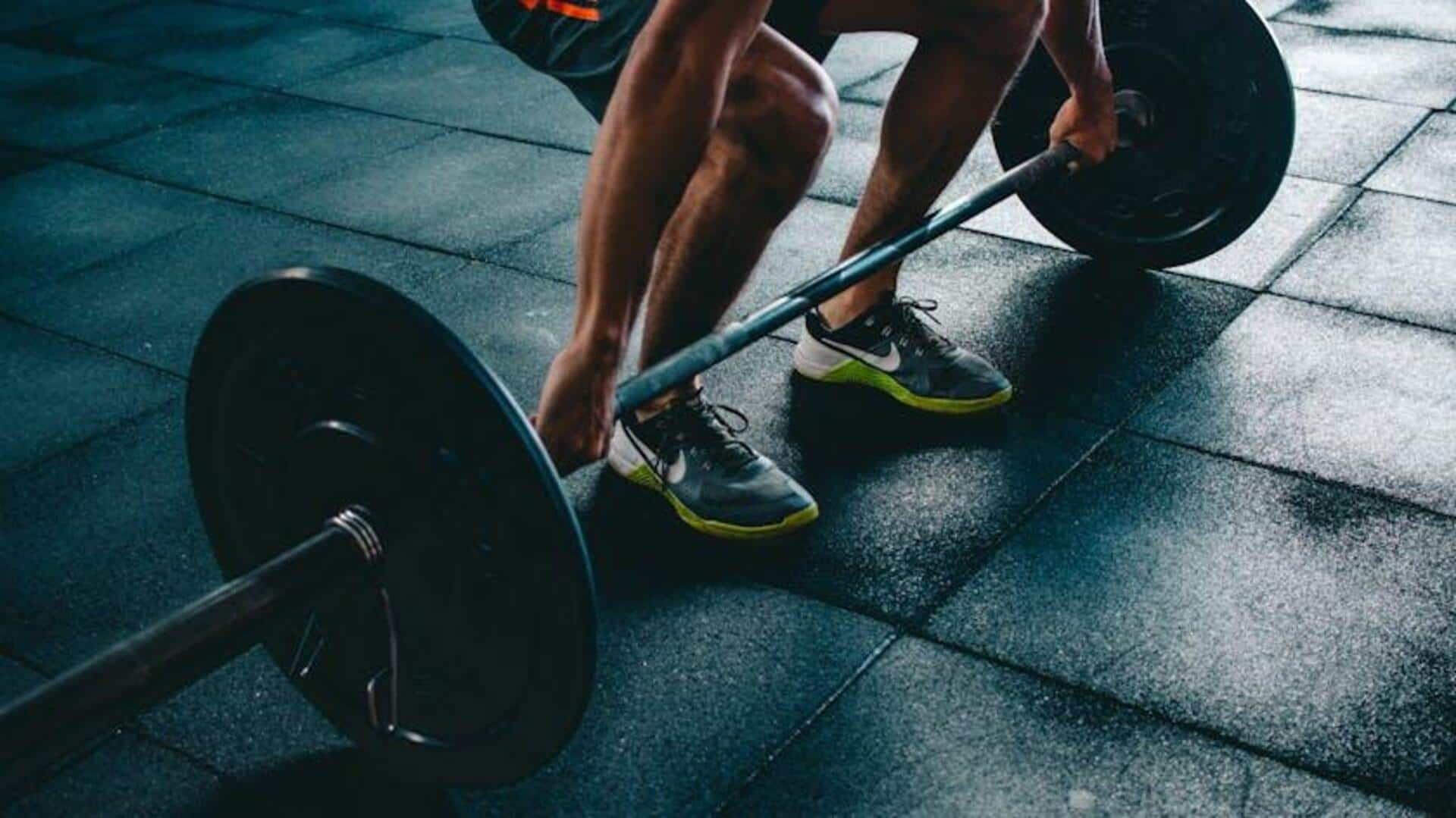
Carbs and workouts: Myths v/s facts
What's the story
Carbohydrates are often misunderstood when it comes to their role in workouts. Many believe that eating carbs before exercising can make you sluggish or gain weight. However, that's not true. Carbs are an important source of energy for the body, especially during high-intensity workouts. Knowing how carbs work can help you make better dietary choices to improve your performance and recovery.
#1
The role of carbs in energy production
Carbohydrates are broken down into glucose, which is used as fuel by muscles during exercise. This process is crucial for sustaining energy levels during workouts. Without enough carbs, you may feel fatigued or unable to perform at your best. Including a balanced amount of carbs in your diet can ensure that your body's energy needs are met, allowing you to train effectively.
#2
Timing matters: When to eat carbs
The timing of carbohydrate consumption is key to maximizing workout benefits. Eating carbs about one to two hours before exercising can help boost performance by providing readily available energy. Post-workout, consuming carbs helps replenish glycogen stores depleted during exercise, aiding recovery and preparing the body for future workouts.
#3
Types of carbohydrates: Simple vs complex
Carbohydrates come in two types: simple and complex. Simple carbs give quick energy and are ideal for short bursts of activity. Complex carbs release energy slowly and are better for endurance activities. Knowing the difference helps tailor your carb intake according to workout type, ensuring optimal performance and endurance.
#4
Balancing carbs with other nutrients
While carbs are important, they should be consumed as part of a balanced diet with proteins and fats. Proteins help repair muscles after workouts, while healthy fats provide long-term energy reserves. A balanced intake of all three macronutrients ensures comprehensive nutritional support for both performance enhancement and recovery processes.